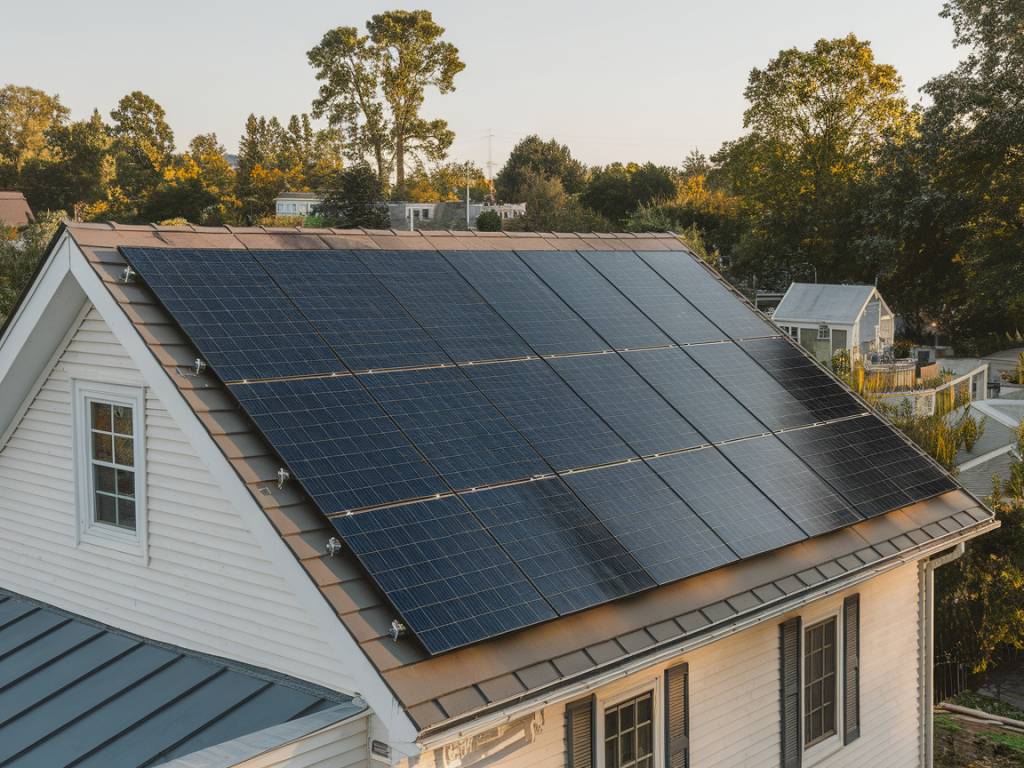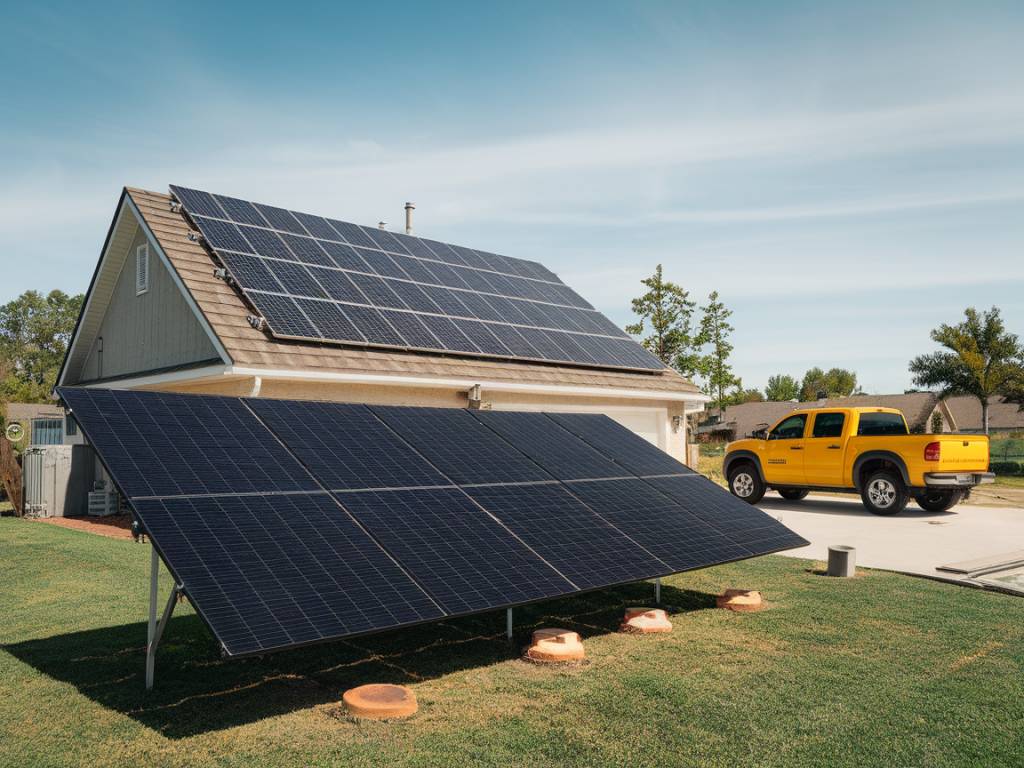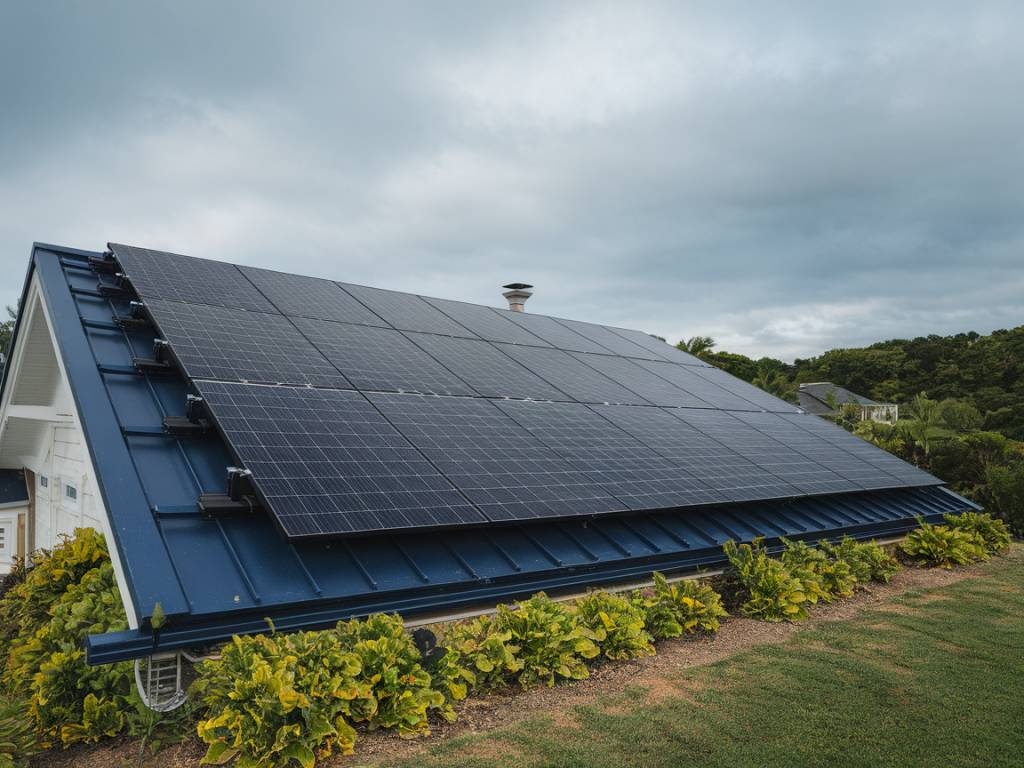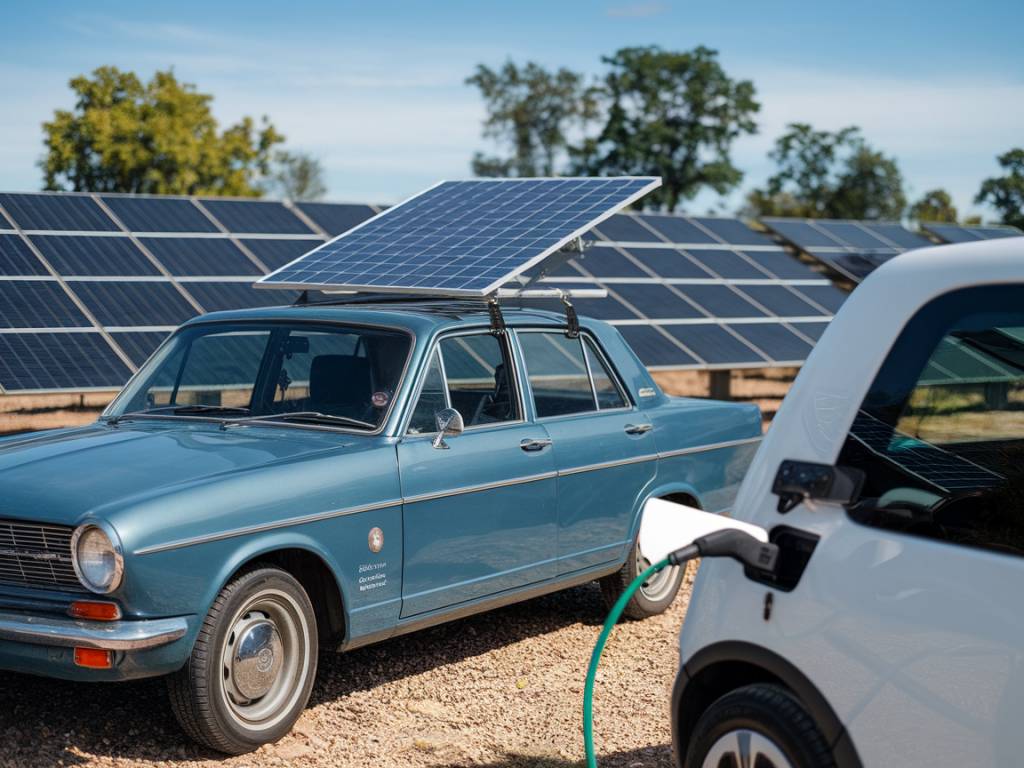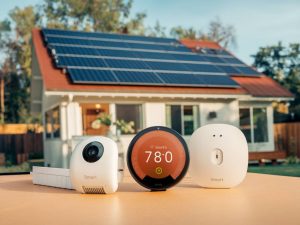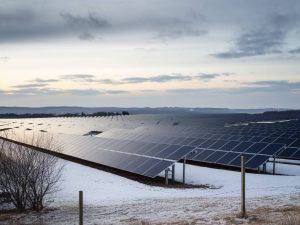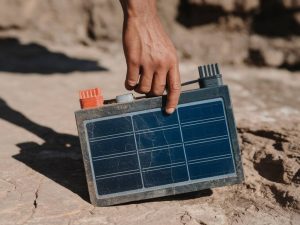Is your home ready for solar energy?
Why Consider Solar Energy for Your Home?
Harnessing solar energy has become more than just a trend; it’s a crucial shift towards sustainability. Embracing solar energy offers numerous advantages for homeowners. Economically, it reduces electricity bills and can even generate income through net metering programs. Environmentally, it mitigates the carbon footprint, helping combat climate change. But is your home ready for solar energy? This comprehensive guide will walk you through the critical factors to consider.
Assessing Your Home’s Solar Potential
Before diving into the world of solar energy, it’s imperative to evaluate your home’s solar potential. This involves analyzing sunlight exposure, roof condition, and any shading issues. Here’s what you need to know:
Sunlight Exposure
Your location greatly impacts the efficiency of solar panels. Ideally, your home should receive abundant sunlight throughout the year. Utilize tools like Google’s Project Sunroof or consult a local solar provider to gauge your solar exposure effectively.
Roof Condition
A sturdy, well-maintained roof is essential for solar panel installation. Check for any structural damage or wear and tear. It’s advisable to replace or repair your roof if needed before installing solar panels to avoid future complications.
Shading Issues
Trees, nearby buildings, or other obstructions can cast shadows over your roof, affecting the efficiency of your solar panels. Conduct a shading analysis or use tools that predict sun paths to determine if shading will be a significant issue.
Understanding Your Energy Needs
Knowing your home’s energy consumption is key to configuring an effective solar energy system. Here’s how to get started:
Review Your Electricity Bills
Gather your electricity bills for the past year to comprehend your monthly and yearly energy usage. This will help you determine the size and number of solar panels you’ll need.
Energy Efficiency Measures
Improve your home’s energy efficiency before going solar. Implement measures like insulating walls and roofs, using energy-efficient appliances, and sealing windows and doors to reduce overall consumption. This will enhance the performance and cost-effectiveness of your solar system.
Financial Considerations
Transitioning to solar energy requires an upfront investment, but various financial options can make it more manageable. Here’s what to consider:
Initial Costs
The initial costs of solar panel systems can vary, depending on the size and type of panels you choose. Obtain multiple quotes from reputable installers to get a clear picture of the expenses.
Incentives and Rebates
Many governments and local authorities offer incentives, tax credits, and rebates to encourage solar adoption. Research the available options in your region to offset some of the initial costs.
Financing Options
If upfront payment seems daunting, explore financing options such as solar loans, leases, or Power Purchase Agreements (PPAs). These options allow you to spread the cost over time, making solar more accessible.
Selecting the Right Solar Panels and Installer
Choosing the right solar panel and installer is crucial for maximizing your system’s efficiency and durability. Here’s a guide to making informed choices:
Types of Solar Panels
There are three main types of solar panels: monocrystalline, polycrystalline, and thin-film. Each has its own advantages and drawbacks. Monocrystalline panels are highly efficient but costly, polycrystalline panels offer a balance between cost and efficiency, while thin-film panels are cheaper but less efficient.
Evaluating Installers
Selecting a qualified installer is as important as choosing the right panels. Look for certifications, customer reviews, and experience. A reputable installer will conduct a thorough site assessment and provide tailored solutions for your needs.
Installation Process
Understanding the installation process can help you prepare your home and set realistic timelines. Here’s an overview:
Site Assessment
An initial site assessment will be conducted to finalize the system design and make necessary preparations. This includes inspecting roof conditions, electrical systems, and identifying the best panel placement.
Permits and Approvals
Your installer will secure the necessary permits and approvals from local authorities and utility companies. This step is crucial for legal compliance and system integration.
Installation and Inspection
The physical installation process involves mounting the panels, wiring, and connecting to the grid. After installation, an inspection will be carried out to ensure the system meets all safety and performance standards.
Maintenance and Monitoring
Maintaining and monitoring your solar energy system is vital for its longevity and efficiency. Here’s what you need to do:
Regular Cleaning
Dust, debris, and bird droppings can accumulate on your panels, reducing their efficiency. Schedule regular cleaning to keep them functioning optimally. Depending on your location, this might be required annually or more frequently.
Monitoring Performance
Most modern systems come with monitoring apps that allow you to track performance in real-time. Stay vigilant for any dips in production as they might indicate maintenance needs or system errors.
Professional Inspections
Annual inspections by qualified professionals help identify and rectify potential issues before they escalate. They will check wiring, inverters, and overall system health to ensure maximum efficiency.
Owning Solar: Long-Term Benefits
The benefits of owning a solar energy system extend far beyond immediate savings. Here’s a glimpse into the long-term advantages:
Energy Independence
Solar energy reduces your dependence on the utility grid, protecting you from rising electricity costs and grid outages. In combination with battery storage, it can make your home self-sufficient.
Increased Property Value
Homes equipped with solar panels often see an increase in property value. Prospective buyers are more inclined towards properties with existing solar installations due to the expected long-term savings.
Environmental Impact
By generating clean, renewable energy, you contribute to reducing greenhouse gas emissions and reliance on fossil fuels. This not only benefits the environment but also promotes a sustainable future for coming generations.
Transitioning to solar energy is a significant yet rewarding endeavor. It entails detailed planning, from evaluating your solar potential and understanding financial implications to selecting the right system and ensuring proper maintenance. Equipping yourself with comprehensive knowledge will make the shift smoother and more beneficial. Make sure to conduct thorough research and engage with experts to tailor the best solar solution for your home.
